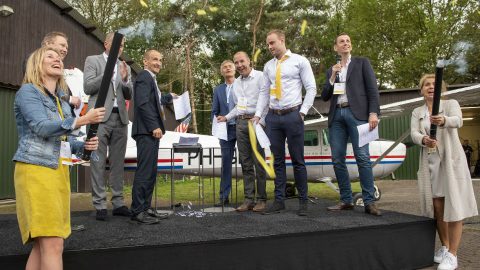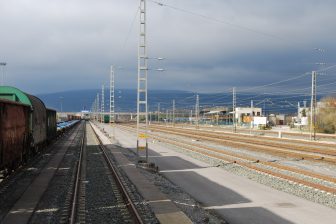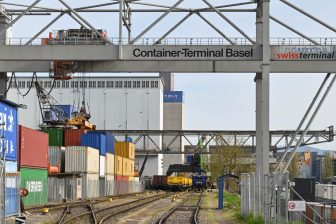
Single digital document for all modalities on Tilburg-Rzepin corridor
Last week the Logistics Community Brabant launched the e-JointCorridor; a transport corridor where paperwork is digitalised from start to end destination. The route is between the Netherlands and Poland and applies to all modalities.
The scheme was presented on the first anniversary celebration of the Logistics Community Brabant, a joint effort in the Dutch province of Brabant by companies, university, researchers and the government to develop innovations that serve the logistics industry. This particular concept was initiated by students from the Breda University of Applied Sciences.
DIgitalised document
According to the group, the concept is a world’s first. Whereas there have been efforts to digitalise various documents in the transport industry, it is now available across different modalities in the form of the e-CMR. The document has been approved by the respective governments of the Netherlands, Germany and Poland, enabling transport on the entire corridor, door to door.
“This will ensure more speed, efficiency and service in cargo handling, mutual cooperation and upscaling of Joint Corridors”, the group wrote on its website when launching the pilot to the industry beginning this year. The pilot was carried out in cooperation with H.Essers, Topsector Logistiek, Fresh Brains LCB, Collect + Go, Bostik Benelux bv and GVT, representing logistics providers, shippers as well as the educational sector.
Scale up
The e-JointCorridor is just one of several innovations presented, all with the aim to scale up the Joint Corridor Tilburg-Rzepin. This route now sees 1 to 3 trains per week on route, and the ambition is to upscale to 6 trains per week in the short term. This means an annual saving of 30,000 truck trips and 23 million road kilometres.
Frans van den Boomen from the Logistics Community Brabant will present the efforts of the group together with one of the students involved at the Multimodal Event, taking place on 27 June in Rotterdam. His presentation is part of the Rail Stream, which is one of the five parallel conference programmes at this event.





